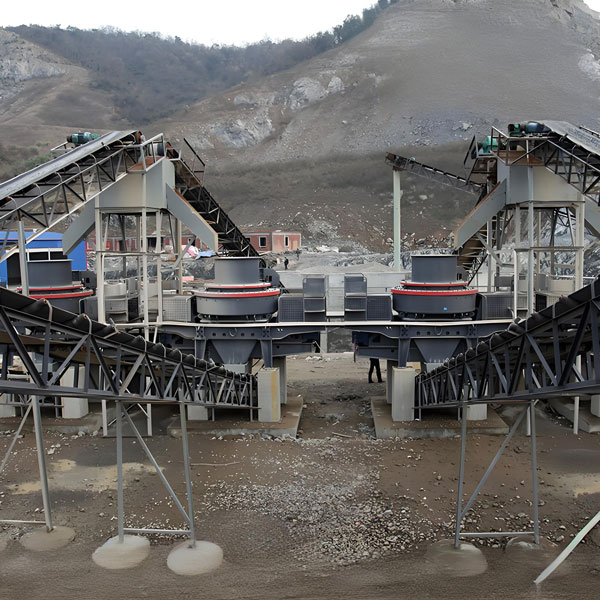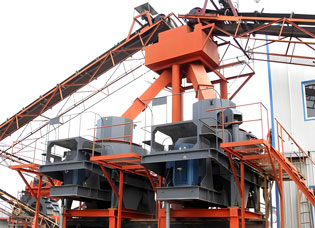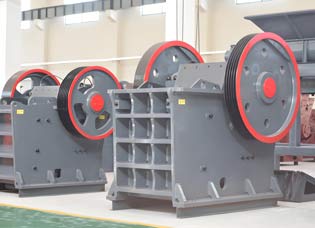Core equipment and selection recommendations for rock asphalt grinding
Raymond mills offer high cost-effectiveness and are suitable for small- to medium-scale production. Vertical mills are energy-efficient and highly efficient, making them suitable for large-scale processing. Ultrafine vertical mills and roller mills meet requirements above 800 mesh and enhance asphalt reactivity. Choose the model based on your fineness requirements and complement it with drying and dust removal systems to ensure efficient and environmentally friendly production.

1. Raymond mill (economical and general choice)
Representative model: Guilin Mining Machinery GK series
Applicable scenarios: 80-400 mesh conventional fineness processing
Advantages:
High cost performance, low investment per unit, suitable for small and medium-sized production
It has strong adaptability to raw materials (Mohs hardness ≤ 7, humidity < 6%) and can process rock asphalt ore with a particle size of ≤ 30mm
Simple structure, low maintenance cost, suitable for ordinary modified asphalt production with no strict requirements on fineness

2. Vertical grinding mill (large-scale and efficient production)
Representative models:
Guilin Mining Machinery GKLM Series
Applicable scenarios: 200-600 mesh medium fineness, large-scale continuous production
Advantages:
It integrates crushing, drying, grinding and grading, and is suitable for rock asphalt raw materials with high moisture content.
Compared with traditional ball mills, it saves 30%-50% energy, has uniform particle size of finished products, and has high equipment stability. It is suitable for asphalt mixing plants to process mineral powder.
3. Ultrafine vertical mill/roller mill (high fineness requirements)
Representative models:
Guilin Mining Machinery LMX ultrafine vertical mill, ultrafine roller mill
Applicable scenarios: Ultrafine powder above 800 mesh (D97≤10μm), used for high-performance modified asphalt or special purposes

Advantages:
The ultra-fine vertical mill adopts a turbine classification system, with a concentrated particle size distribution
The roller mill can process the asphalt to D97≤10μm (1250 mesh) in one go, with -3μm fine powder accounting for 40%, and a large specific surface area, which improves the activity of asphalt.
Energy saving is 30%-50% compared to air jet mill, suitable for large-scale ultrafine powder production
Equipment Selection Decision Tree
1. Conventional modified asphalt (80-400 mesh):
Raymond mill (low investment) or vertical mill (large-scale production) is preferred
Reference configuration: Crusher (jaw crusher/impact crusher) + Raymond mill/vertical mill + dust removal system
2. High performance modified asphalt (≥800 mesh):
Choose ultrafine vertical mill or ring roller mill, if nanometer level is required, use air jet mill
Requires a matching classifier (such as a turbine classifier) and a high-efficiency dust removal system
Supporting process suggestions
Drying system: When the moisture content of rock asphalt is high (e.g. >10%), drying equipment (e.g. boiling furnace or hot air furnace) is required.
Environmental protection configuration: The entire process must be equipped with a pulse dust collector (such as bag dust removal + cyclone separation) to ensure that emissions meet standards
Automation control: For large-scale production, it is recommended to use a PLC control system to achieve real-time particle size monitoring and equipment coordination.
Related Products
Inquiry
Please leave us your requirements, we will contact you soon.





